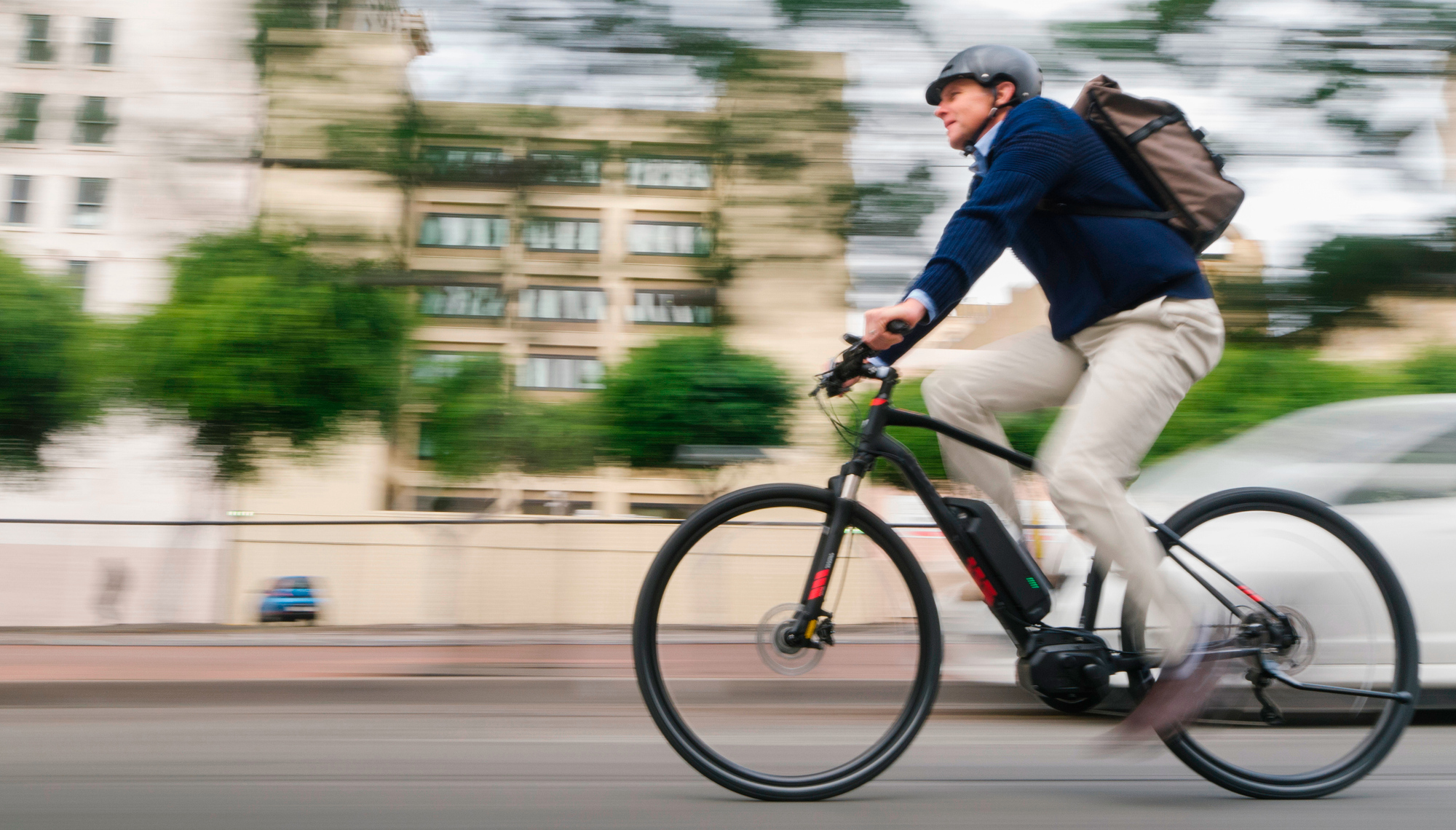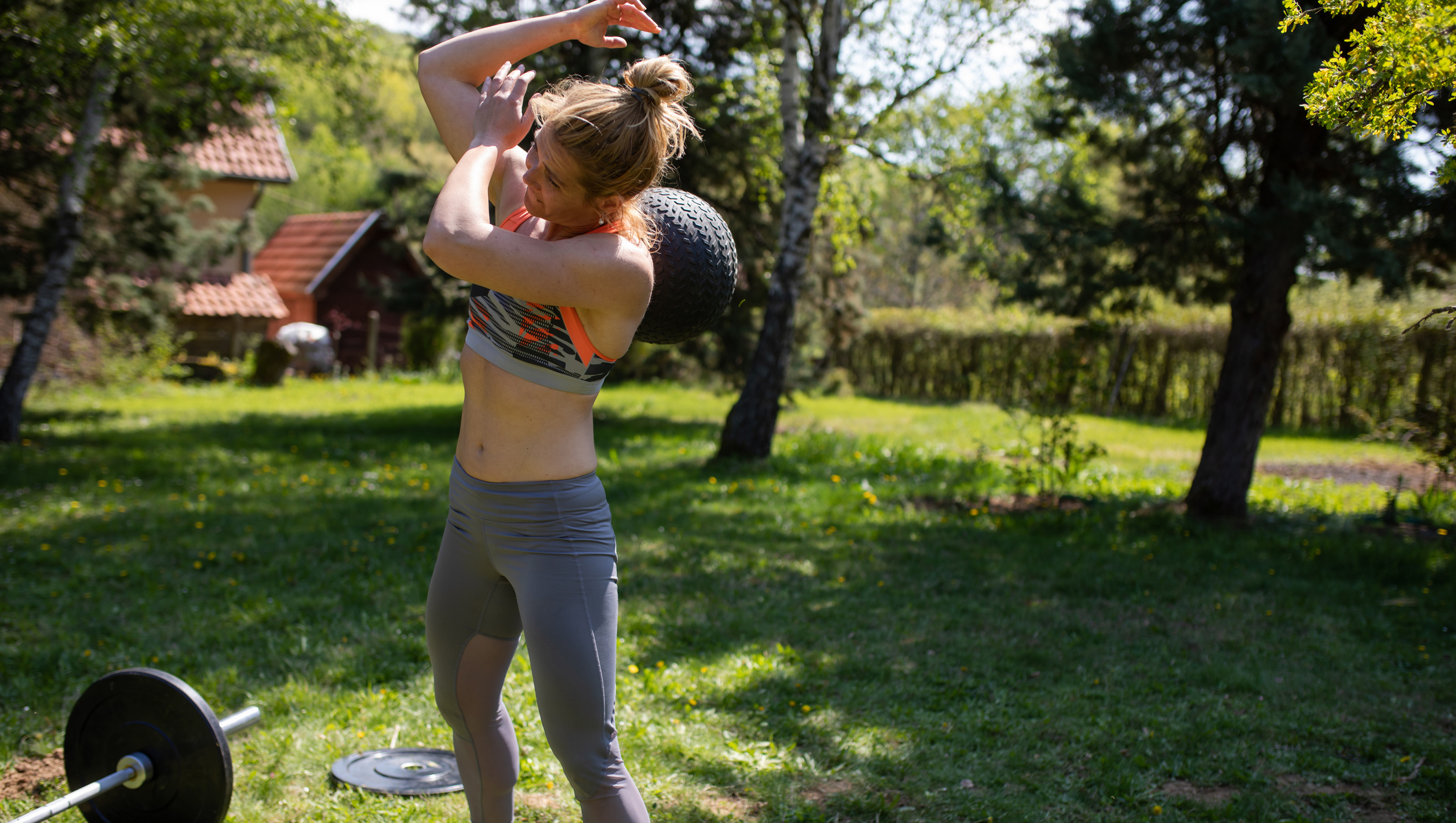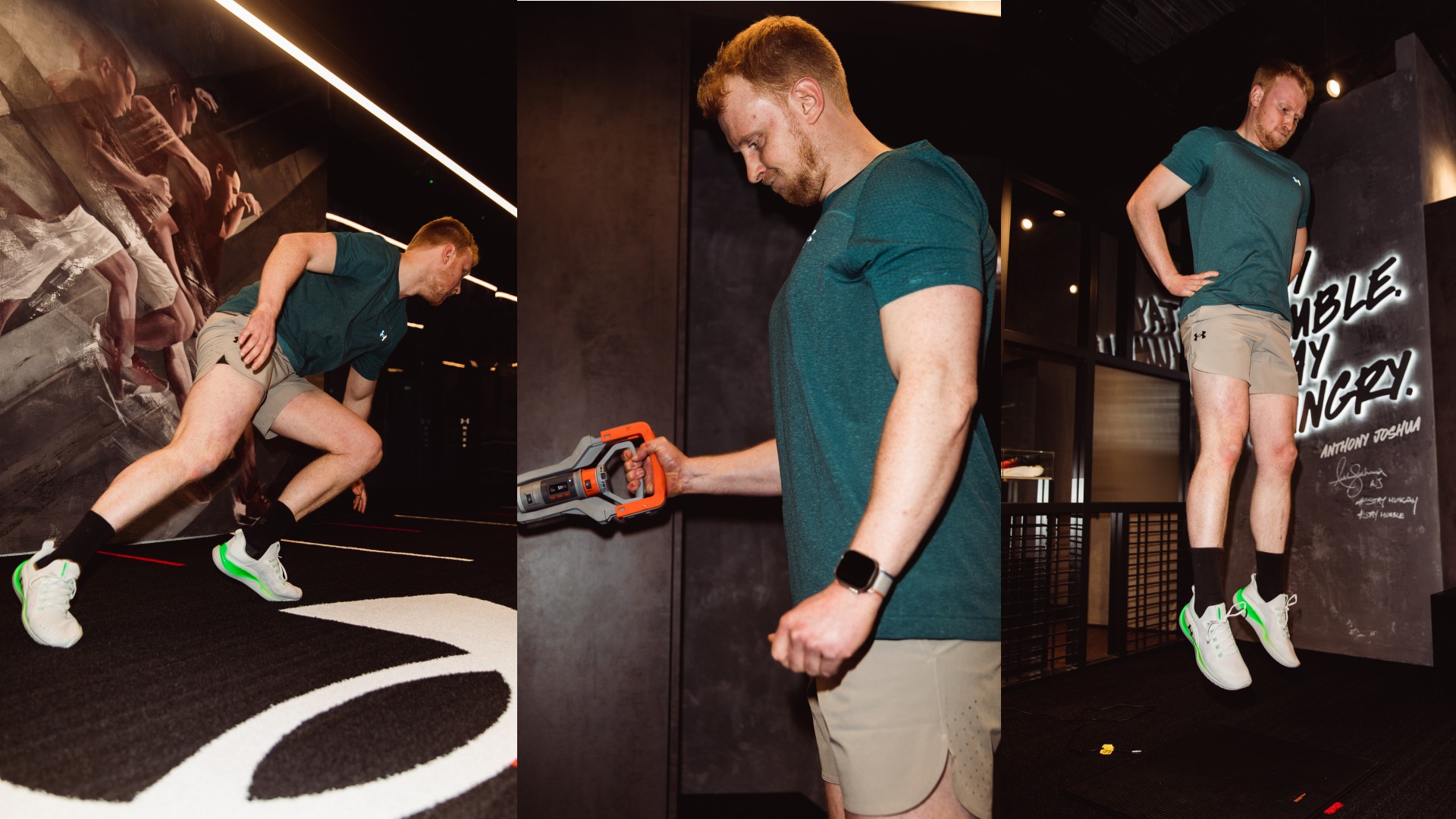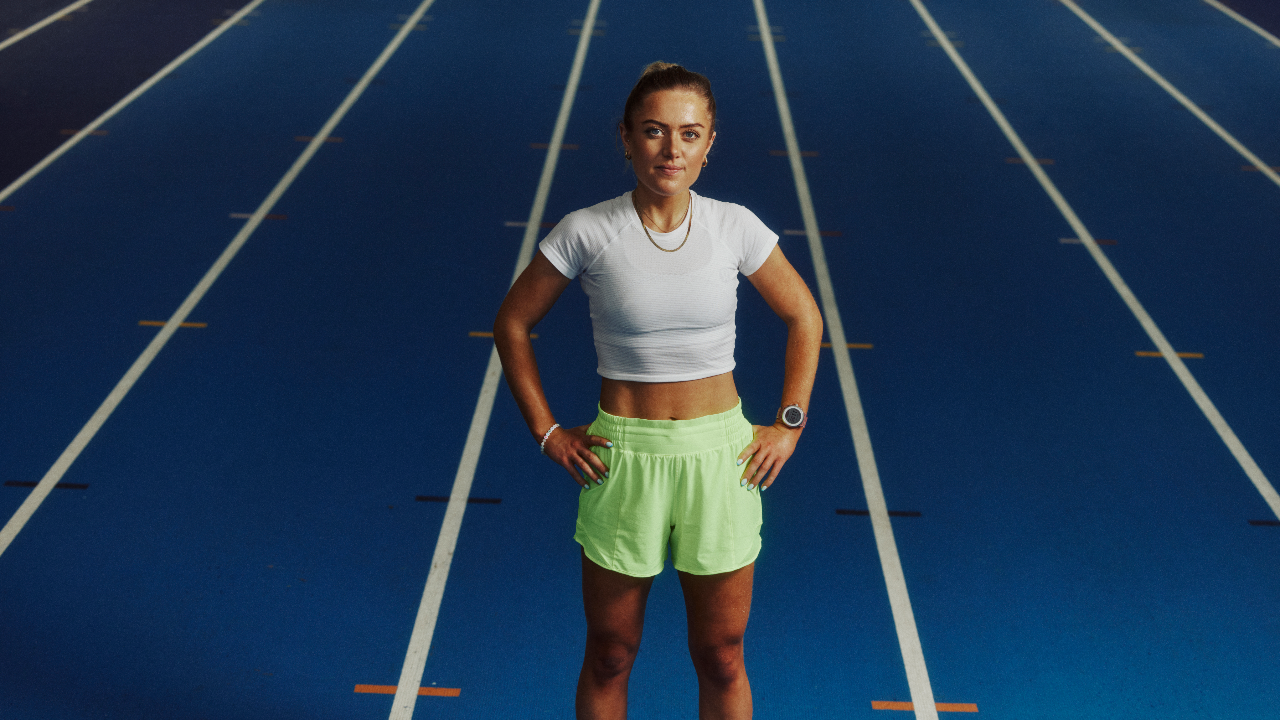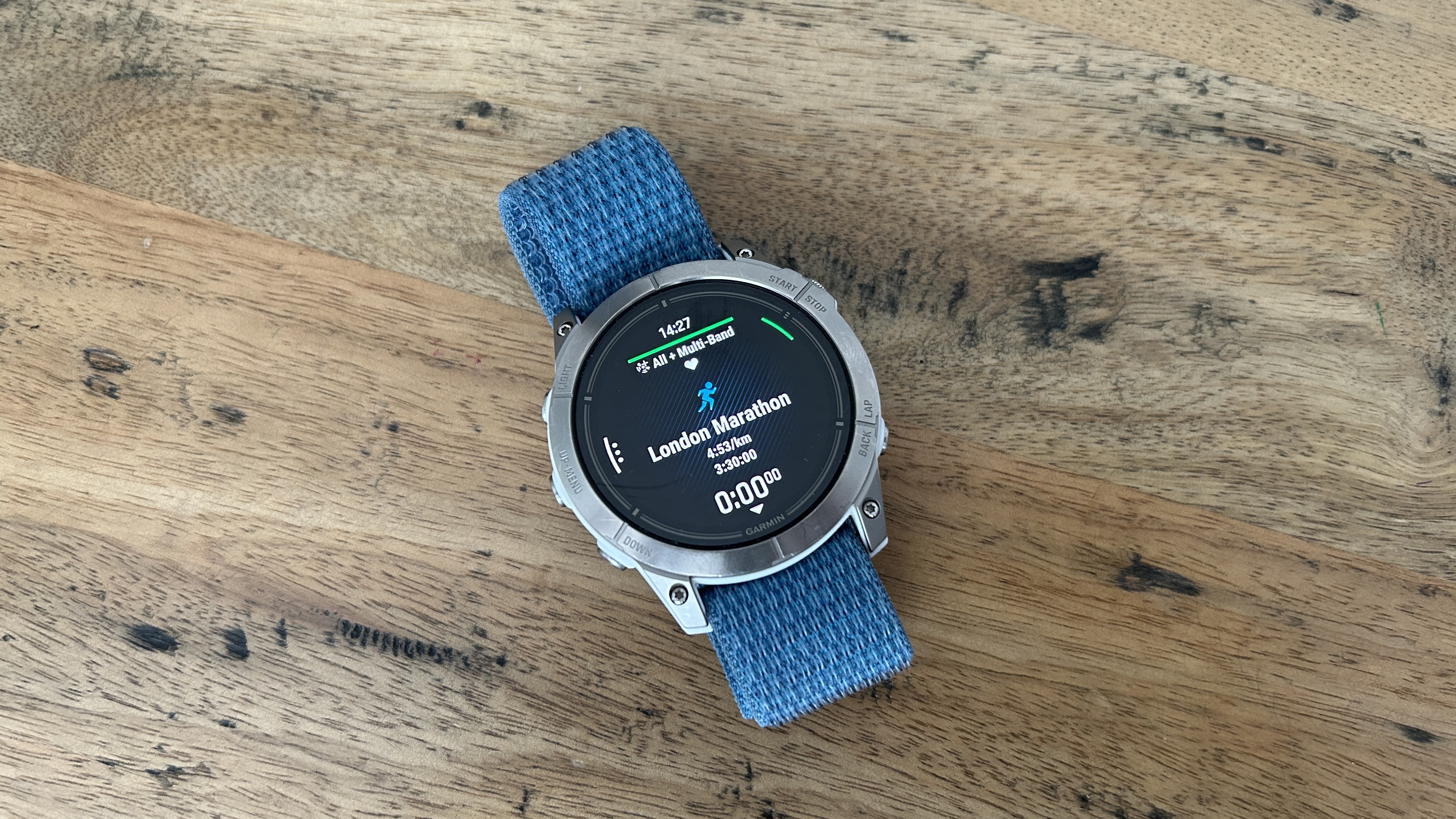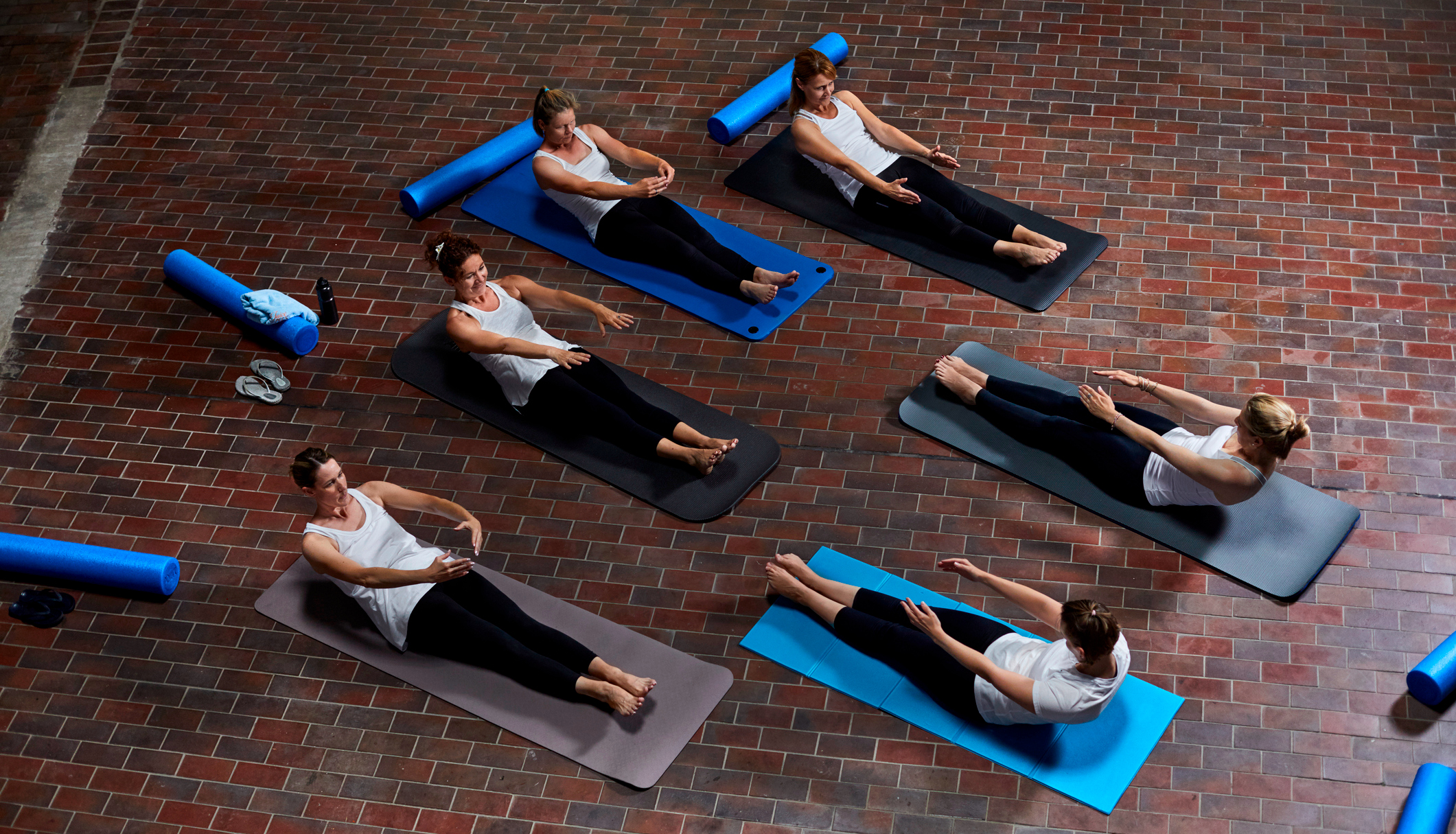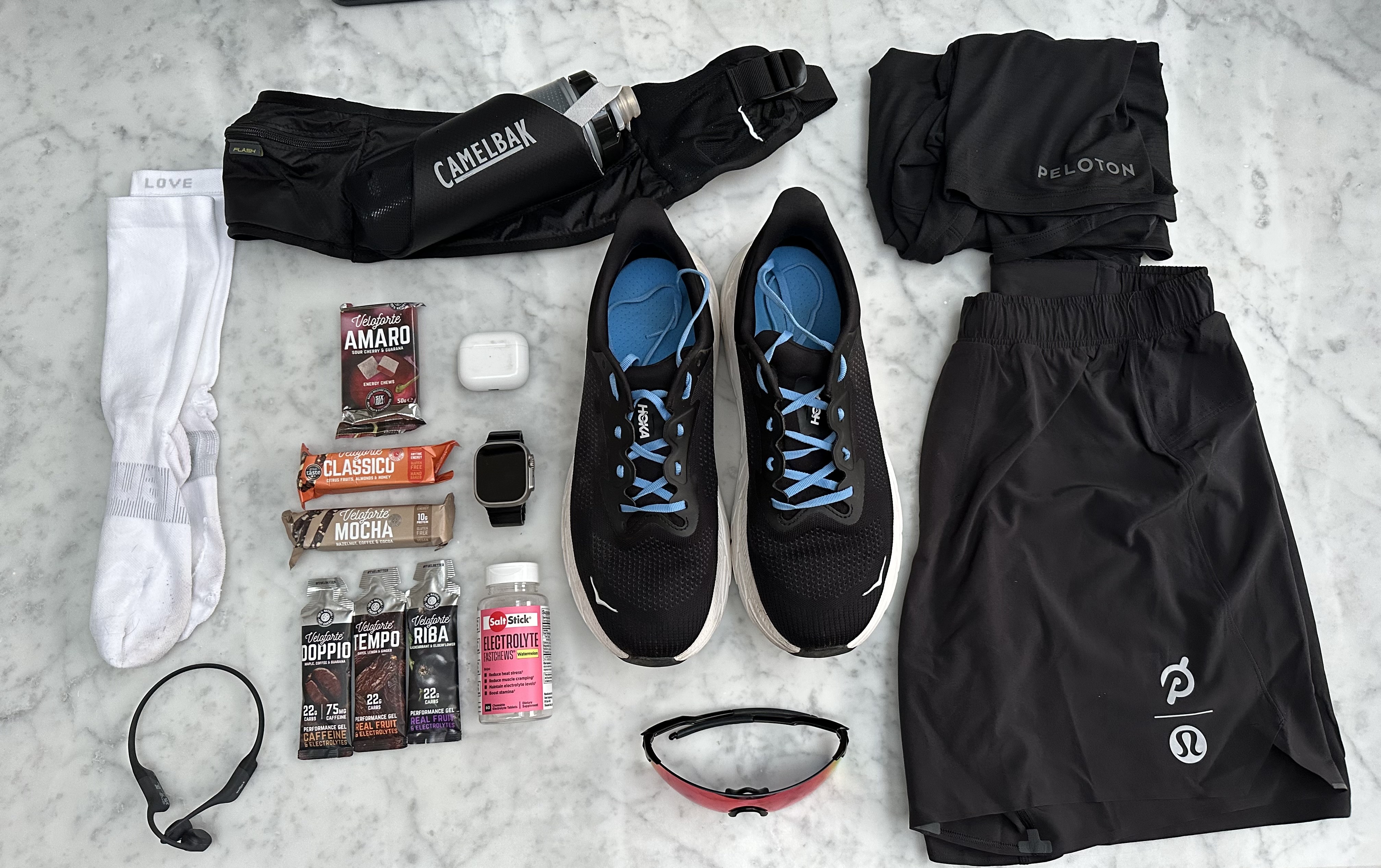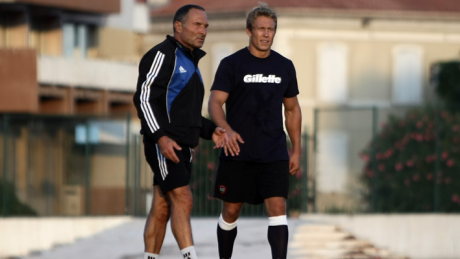
Ahead of the 2013 UK Coaching Awards, MF spoke to England’s World Cup winner and Toulon star Jonny Wilkinson about the coaches who have pushed his career to the heights
Coaching isn’t about one person telling the other what to do. It’s about two people learning. Coaching is a continuous path. It’s constant support. It doesn’t begin in a difficult time and finish on a win. It continues after a win, after the season, after the career. Coaching is about support – it doesn’t have a beginning and an end. As a person you’re stronger with a team around you. Here are seven of the most significant lessons I’ve learned over my career.
1 Find your passion
My first ever coach was my dad Phil. He got me into rugby and is responsible for a huge amount of passion I have for the sport. It’s important that you enjoy yourself when you play the game so it’s something you want to keep doing. He played a lot and that meant my brother Mark, who I started out with at Farnham Rugby Club, and I benefitted from his enthusiasm for the game.
2 Strive for improvement
You’re never the finished article. There’s always something to work on. My career has been spearheaded coaching-wise by Steve Black and Dave Alred. I’ve worked with them since I was a teenager and I still work with them regularly today. We’ve searched for my best on the field and tried to make that best better every single day.
3 Control the outcome
In terms of my on-field skills Dave Alred completely changed my life from the age of 16. He made me realise I could be in control of what was happening to this little ball on the field 50 yards away. I could control that. It wasn’t a case of hit and hope. It was a direct line between intention and outcome. That changed me. It gave me confidence. To this day he works on breaking down the barriers of my understanding of what is accomplished in kicking a ball around.
4 Welcome support
I’ve been lucky to work with people, like Clive Woodward with England and Rob Andrew at Newcastle, who have supported me in a way that let me search for the best of myself. They gave me an opportunity to have a successful career. It’s important to develop that positive relationship and trust.
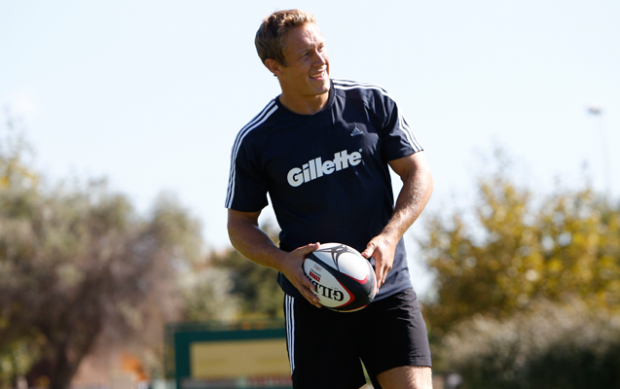
5 Take an individual approach
Every individual is different. They each need different things to get to their best. That applies even in a team sport and even with two players in the same position. If a coach takes the time to get to know someone they’ll find the details that will help get the best out of them. My relationship with Steve Black is like that. It’s transcended sport. He’s helped me in a holistic sense with everything from motivation to psychology and fitness.
Get the Coach Newsletter
Sign up for workout ideas, training advice, reviews of the latest gear and more.
6 Respect is mutual
That individual approach earns respect. If you’re putting that level of detail and energy into coaching someone they will recognise the respect you’re showing them and return it. They will give you everything back. It will help the advice and information sink in and you achieve results quicker. If you can get that out of every player in a team, it gives you the basis of a successful unit.
7 Allow yourself to relax
It’s not just coaches – you can put too much pressure on yourself too. Between World Cup success in 2003 and moving to Toulon I suffered 14 injuries. They were mostly from unavoidable impact but in a sense those injuries were my own doing. After 2003 I was so confused as to where I was, what I had to do, the media attention, that I don’t think I ever relaxed. My body, my muscles, my cells were in a constant state of protection against this state of stress I put myself under. I never took time to regenerate and rebuild. Coming over to France [to join Toulon] gave me some perspective and allowed me to play rugby for the sake of playing rugby. I wasn’t always in the papers. Life became simple. It gave my body time to do what it’s supposed to do. I now realise I could have been stronger to take those knocks without getting injured if I had just allowed myself to relax.
Jonny Wilkinson was speaking ahead of the UK Coaching Awards, sponsored by Gillette as part of its Great Start programme, which celebrates and supports great coaching. For more information click here.
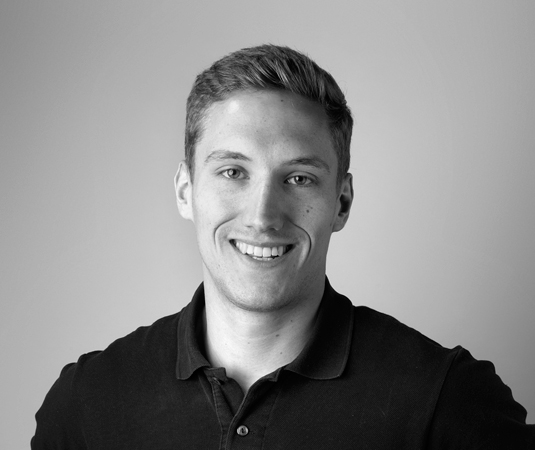
Sam Rider is an experienced freelance journalist, specialising in health, fitness and wellness. For over a decade he's reported on Olympic Games, CrossFit Games and World Cups, and quizzed luminaries of elite sport, nutrition and strength and conditioning. Sam is also a REPS level 3 qualified personal trainer, online coach and founder of Your Daily Fix. Sam is also Coach’s designated reviewer of massage guns and fitness mirrors.

